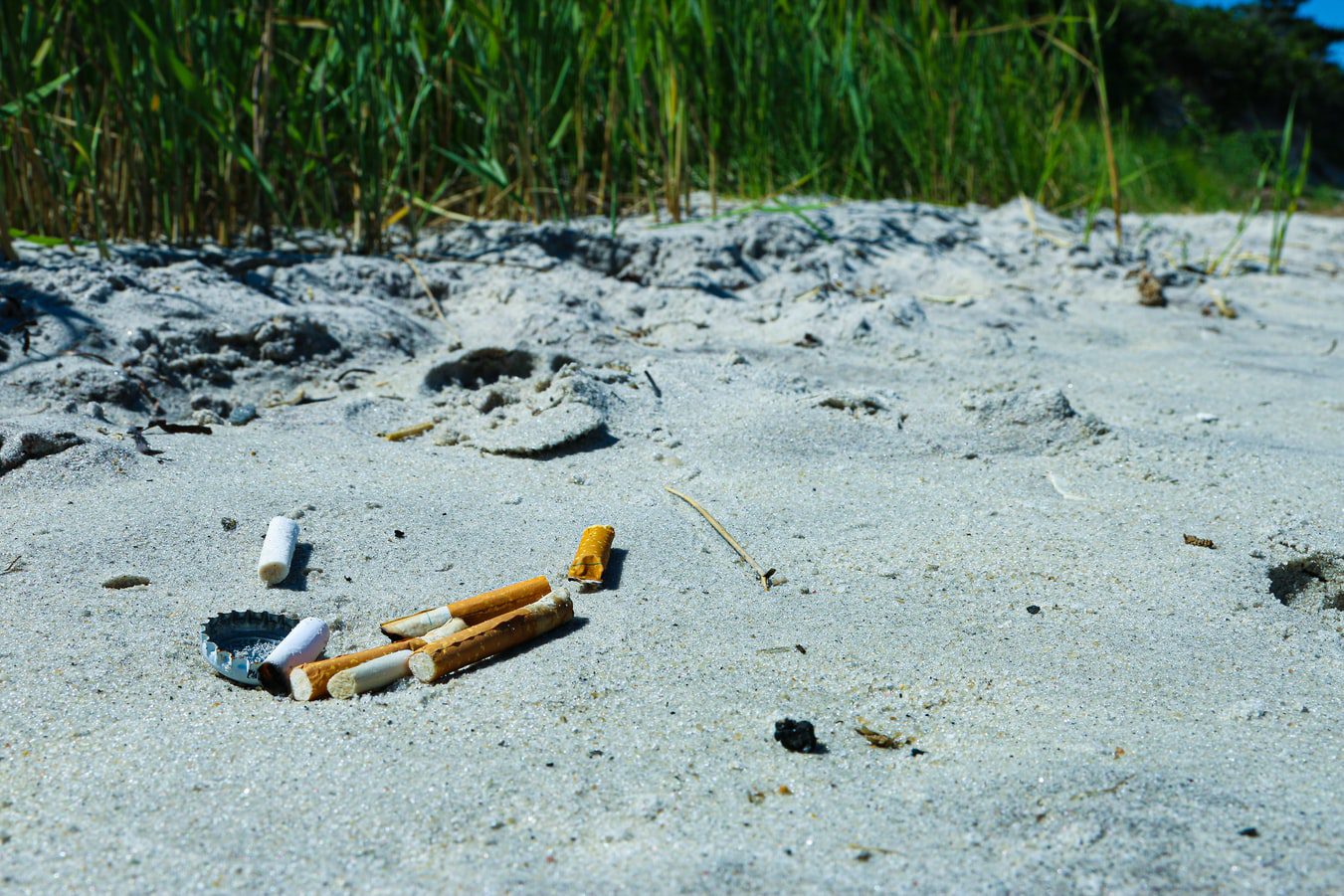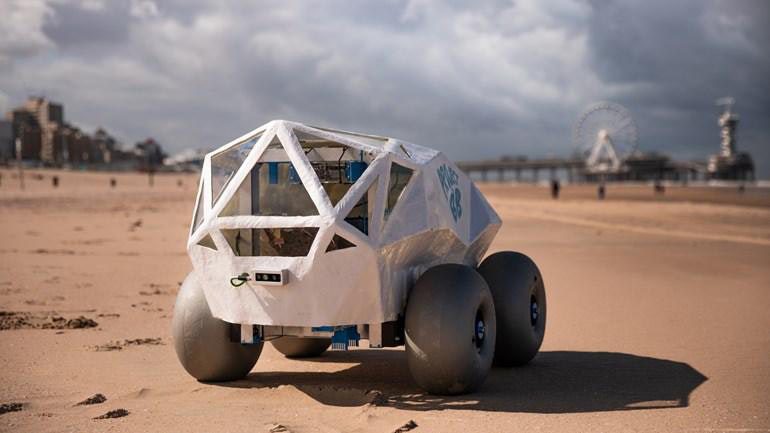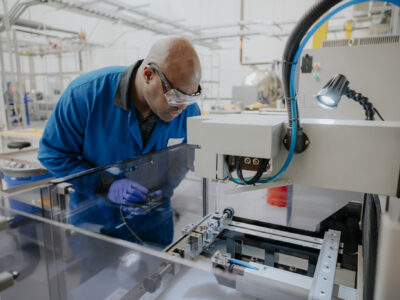Movies and television shows suggested we would have more robots by now. As anyone who has been alive since the 1980’s can tell you, the 21st century has had a lot fewer robots than we anticipated. Consider James Cameron’s blockbuster Terminator series, where an AI known as Skynet seized control and developed a race of killer androids, all while discovering time travel by the year 2029.
Call me crazy, but despite everything going on with the world today, I feel pretty confident that the war between man and machine is further away than eight years from now. While the lack of a robot-induced nuclear apocalypse is probably a good thing, there are many out there who grew up on a childhood of Star Trek and The Jetsons and feel somewhat disappointed by the absence of flying cars and robotic maids.
What many don’t realize is that the future is in many ways already here, just in a different form than expected. Sure, flying cars are still more of a pipe dream than a reality, but our robotic maids came in the form of the Roomba, and surely the ubiquity of Siris and Alexas has to count for something. We’ve even seen robots that help with a variety of farming tasks, from aerating grain bins to zapping weeds with miniature lasers. Now, a scuttering droid known as the BeachBot is picking up discarded litter on our beaches.

Besides being an eyesore, littered cigarette butts aren’t always the first thing that comes to mind when considering the most offensive pollutants – after all, they appear somewhat recyclable as they are seemingly made of paper. However, this is deceptively untrue as they contain large amounts of microplastics. And beyond the microplastics, as many as 25 of the 98 other chemicals in cigarette butts are identified as harmful by the FDA. This is especially dangerous on beaches, as discarded cigarettes often flow into the ocean and damage marine ecosystems. Once a cigarette filter touches the water, dozens of toxins immediately leach into the sea, harming a wide variety of aquatic organisms as well as contributing to cancer, autism, and lowered IQ in humans.
Fresh from the labs of consultancy firm TechTics, the BeachBot looks to seriously address this problem. TechTics founders Edwin Bos and Martijn Lukaart developed their mechanical friend to be able to roam the world’s beaches, utilizing artificial intelligence to scoop up cigarettes with ever-improving efficiency. Because an AI-based cigarette detection algorithm requires thousands of different photos of discarded butts, Bos teamed up with Microsoft Trove, which allows people all over the world to sell their own images back to BeachBot for 25 cents each. Currently sitting at about 200 images, the team hopes to see two thousand for their network to operate at peak capacity. “The bot does all the legwork,” says Christian Liensberger, lead principal program manager for Trove. “But to clean, it needs all these people to give it consistent data input.”

BeachBot’s need for human assistance won’t last forever. Even at its current capacity, the prototype was able to use its mechanical arms to find and pick up ten discarded cigarettes during a 30-minute demonstration. To aid the robot, Bos and co. are developing a fleet of ‘helper’ drones, which will swarm beaches themselves with the purpose of strengthening their detection network.
An environmentalist through and through, Bos often ventures with his children out to their local beach, equipped with tongs and trash bags that they fill themselves. He envisions a future where autonomous machines are a force for good, and a necessary weapon to help humans in the fight against climate change. Eventually, the BeachBot and helper drones will be entirely solar-powered and will have a more advanced detection network. “In the future, we want the robots to detect a range of other litter.”





